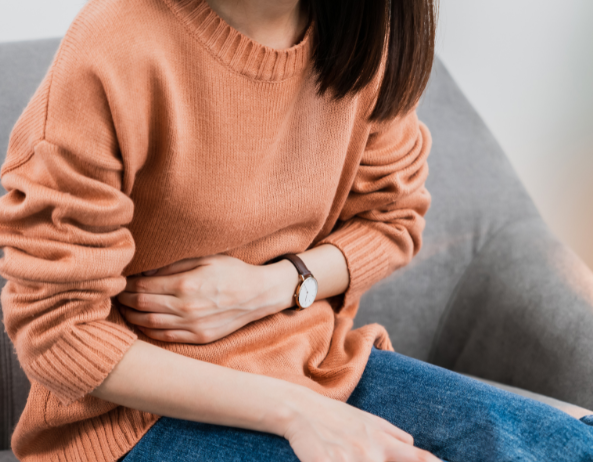Ayurveda PCOS & PCOD Treatment
PCOS is a leading cause of obesity, menstrual irregularity, and infertility in women globally. In this condition, the ovaries produce an excess amount of male hormones called androgens which hamper the normal functioning of reproductive hormones. This results in irregular menstrual cycles, the presence of multiple cysts on the ovaries, and often weight gain. Ayurveda considers this condition as a result of deranged Vata and Kapha Dosha predominantly, resulting in an inflammatory swelling called ‘Granthi’. It is also associated with Artava Dushti, a disorder of the menstrual blood and reproductive tissues, which further disrupts hormonal balance. Early diagnosis and Ayurveda treatment for PCOD helps to reduce the risk of long-term complications, such as type-2 diabetes and infertility. PCOD Ayurveda emphasizes balancing the doshas to restore hormonal balance. PCOD treatment in Ayurvedic focuses on natural remedies, including diet and lifestyle changes, herbal formulations, and detox therapies. This approach is effective for managing PCOD in Ayurveda, offering holistic care for women. PCOS Ayurveda and PCOS Ayurveda treatment work to regulate menstrual cycles, reduce cysts, and improve overall reproductive health.
Outcomes of PCOD/PCOS with Precision Ayurveda
weight management

cycles
functions
levels
imbalance
levels

Our Approach to Overcome PCOD/PCOS
Apollo AyurVAID focuses on precision classical Ayurveda treatment protocols, following the fundamental principles of Ayurveda in addressing the root cause of diseases. Diagnosis of PCOD/PCOS is through certain blood investigations, an ultrasound, and a detailed case history and symptom analysis. Our doctors consider your health status, menstrual history, laboratory investigations, lifestyle, and diet patterns before finalizing a treatment plan, which is an individualized program based on your symptoms and the severity of the condition. Patient centricity is at the core of the Apollo AyurVAID approach.
PCOD/PCOS with Ayurveda
Make an appointment now and treat your PCOD better with Kerala Ayurveda techniques at AyurVAID hospitals.
Book an appointment
What our patients says
Signs & Symptoms of PCOD/PCOS

- Irregular menstrual cycle
- Anovulation
- Weight gain
- Acne
- Excessive facial hair
- Thinning of scalp hair
- Frequent mood swings
- Anxiety
Causes & Risk Factors of PCOD/PCOS
- Obesity
- Hormone imbalance - insulin resistance
- Family history
- Lifestyle - excessive smoking, alcohol
- Poor sleep quality
- Sedentary lifestyle

FAQ on PCOD/PCOS
(B) practicing ritucharya (seasonal regimen)
C) Purificatory therapy (Panchakarma) at the right time
(D) Preventive medicines
(E) yoga and pranayama
